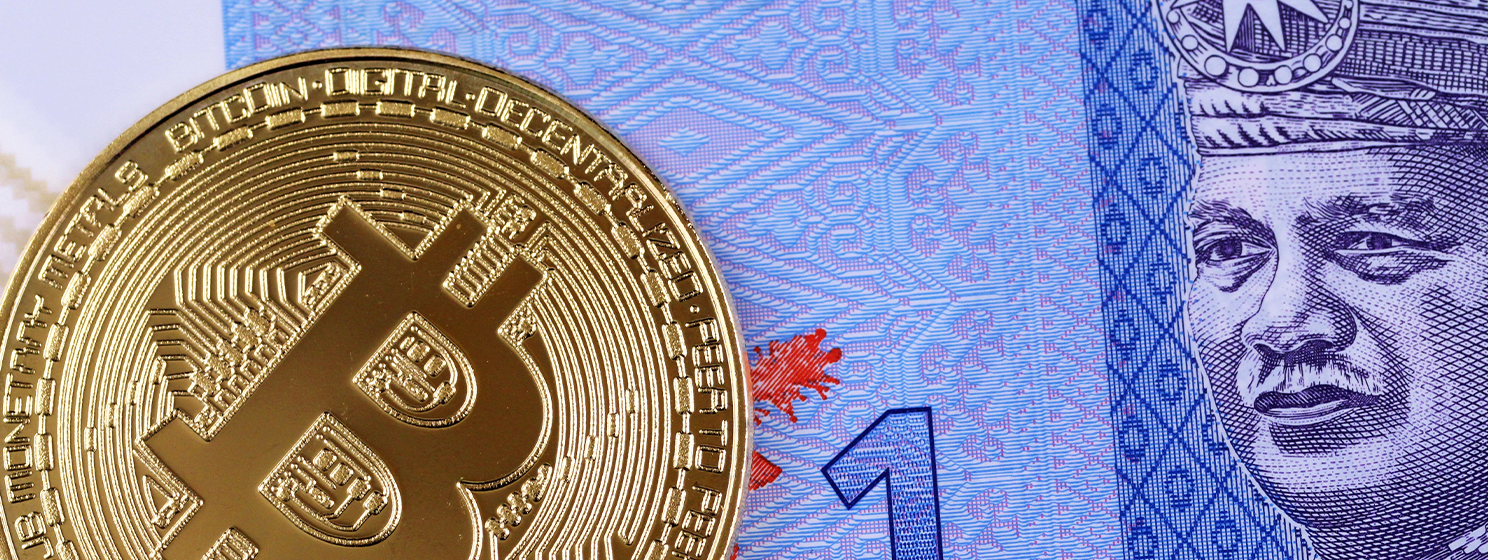|
Getting your Trinity Audio player ready...
|
India’s National Payments Corporation of India (NPCI), which has the regulatory mandate to oversee retail payments and settlement systems in the country, is likely to “delay caps on market share” for the popular instant real-time payment system Unified Payment Interface (UPI), extending the deadline by as much as two years.
Earlier, NPCI had set an end-2024 deadline for implementing a 30% market share cap for companies processing payments through the UPI, according to a report by Reuters media agency.
The deadline extension is expected to benefit mobile payment platforms like Walmart-backed (NASDAQ: WMT) PhonePe and Google Pay (NASDAQ: GOOGL), which currently dominate the digital payments market in India with a market share of 48.3% and 37.4% respectively.
UPI, the most popular digital payment method in India, processes over 11 billion transactions every month. UPI’s popularity in digital payments has grown since its introduction in 2016 with almost all digital wallets and online payment apps in India incorporating it.
NPCI originally announced the 30% cap in 2020 but extended the deadline to the end of 2024. The deadline is likely to be extended again, and the final decision will be announced closer to the deadline, the Reuters report said.
UPI does not charge anything from the merchants, unlike credit card users like Mastercard (NASDAQ: MA) and Visa (NASDAQ: V), who charge merchants a fee for customer transactions. As a result, Mastercard’s chief financial officer, Sachin Mehra, reportedly said last year that India’s UPI is “fantastic at many levels” but “is an incredibly painful experience for ecosystem participants who all end up losing money as part of that proposition.”
Expanding UPI’s reach
Earlier this month, the Reserve Bank of India (RBI) met major stakeholders in the UPI ecosystem—including banks, NPCI, third-party application providers, and technology service providers—to discuss potential strategies for further expanding the reach of UPI.
“There were wide ranging discussions on various aspects to widen and deepen the adoption and usage of UPI,” the central bank said.
The stakeholders’ suggestions broadly covered strategies for scaling up UPI infrastructure and expanding products portfolio, challenges being encountered by the ecosystem and solutions for addressing them, as well as innovative ideas to integrate potential users into the digital payments ecosystem.
Earlier this year, an Indian parliamentary panel submitted a 58-page report with a series of recommendations, urging the government to support the ‘Make in India’ move and promote local players in the fintech sector, like the UPI, as alternatives to PhonePe and Google Pay apps that dominate more than 83% of India’s digital payments market.
UPI beyond India
In January, Google India Digital Services (P) Limited and NPCI International Payments Ltd (NIPL), a wholly-owned subsidiary of the NPCI, signed a Memorandum of Understanding (MoU) to expand the impact of UPI to countries beyond India. The MoU has three key objectives. First, to broaden the use of UPI payments for travelers outside of India, enabling them to conveniently make transactions abroad. Second, to assist in establishing UPI-like digital payment systems in other countries, providing a model for seamless financial transactions. Third, it focuses on easing the process of remittances between countries by utilizing the UPI infrastructure, thereby simplifying cross-border financial exchanges.
Likewise, PhonePe recently started its UPI service in Sri Lanka, wherein PhonePe users can scan LankaPay QR codes to make digital payments.
Meanwhile, NIPL, in collaboration with Fonepay Payment Service Ltd, Nepal’s largest payment network, introduced UPI for cross-border transactions between India and Nepal. In its first phase, this partnership will enable Indian consumers to make instant UPI payments across various business stores in Nepal by using UPI-enabled apps.
NIPL also signed a pact with Eurobank S.A., a leading Greek bank, to improve cross-border payments using UPI rails. This agreement aims to revolutionize international money transfers, with a specific focus on streamlining remittances from Greece to India.
Watch: India posed to become leaders in Web3

 02-22-2026
02-22-2026 




